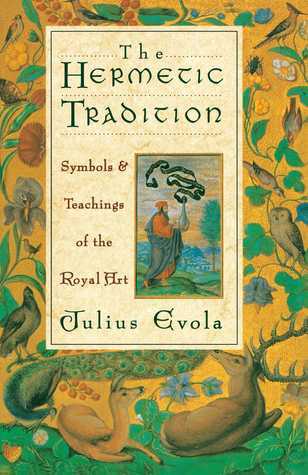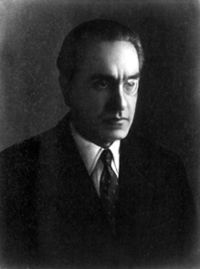
This important survey of alchemical symbols and doctrines sets forth the mysterious worldview and teachings of the practitioners of the "royal art." One of the leading exponents of the Hermetic tradition, Julius Evola demonstrates the singularity of subject matter that lies behind the words of all adepts in all ages, showing how alchemy—often misunderstood as primitive chemistry or a mere template for the Jungian process of "individuation"—is nothing less than a universal secret science of human and natural transformation. First published in 1931 in Italian. This is the first English translation. Draws from a host of sources in the Western esoteric tradition—works on theurgy, magic, and gnosticism from neoplatonic, Arab, and medieval sources.
Author

Julius Evola (19 May 1898 – 11 June 1974), born Giulio Cesare Andrea Evola, was an Italian philosopher and esoteric scholar. Born in Rome to a family of the Sicilian landed gentry, Evola was raised a strict Catholic. Despite this, his life was characterised by 'an anti-bourgeois approach' hostile to both 'the dominant tradition of the West—Christianity and Catholicism—and to contemporary civilization—the 'modern world' of democracy and materialism'. By turns 'engineering student, artillery officer, Dadaist poet and painter, journalist, alpinist, scholar, linguist, Orientalist, and political commentator', he has been described as a 'rare example of universality in an age of specialization'. Yet behind it all lay a singular emphasis on, and pursuit of, a 'direct relationship to the Absolute'. For Evola, 'the center of all things was not man, but rather the Transcendent.' This metaphysical conviction can be seen to have determined both Evola's stance on socio-political issues, and his antipathetic attitude towards 'all professional, sentimental and family routines'. The author of many books on esoteric, political and religious topics (including The Hermetic Tradition, The Doctrine of Awakening and Eros and the Mysteries of Love), his best-known work remains Revolt Against the Modern World, a trenchant critique of modern civilisation that has been described as 'the gateway to his thought'. Since his death, also in Rome, his writings have influenced right-wing, reactionary and conservative political thought not only in his native Italy, but throughout continental Europe and, increasingly, the English-speaking world. Nevertheless, he should not be considered primarily as a political thinker, but rather as an exponent of the wider Traditionalist School that encompasses the work of such individuals as René Guénon, Titus Burckhardt and Frithjof Schuon.